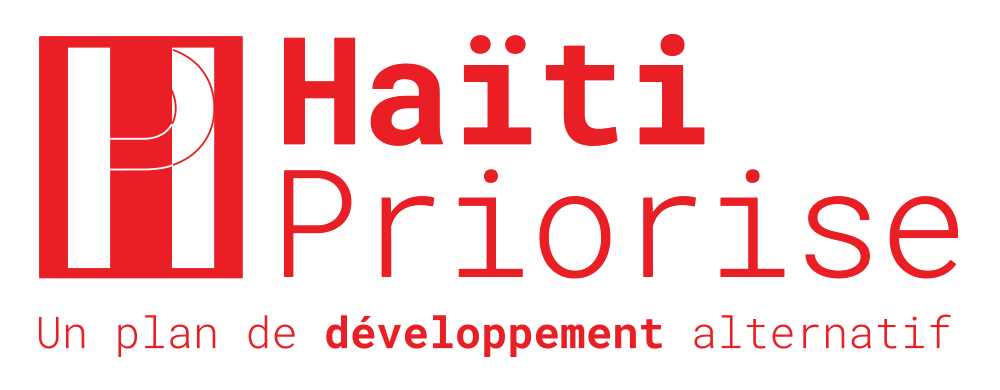Haïti Priorise: Decentralization, Thelusme
The Problem
There are many different types of decentralization, in theory, and practice. The main categories are political (subnational units are endowed with the power to make decisions about local governance issues and there are political representatives at a national level), administrative (government operations remain centralized and delegates are posted at subnational level), and fiscal (where the subnational units have autonomy where it concerns the power to tax and collect revenues).
The Haitian constitution has provisions for all three of these types of decentralization, but not all have been put into practice.
Solution
- Decentralized Government
Municipalities have an enormous amount of power (on paper): they have the power to tax and collect user fees; they have the power to borrow, and there are mandatory transfers from the central authority, currently their main source of revenue.
The transfers come from a fund, the ‘Local Government Management and Development Fund’ (Fonds de gestion et de developpement des collectivités territoriales).
It is replenished from a number of central government operations and is believed to be significant. However, it has never been audited, and it is not known how much goes to the subnational units, nor how it is spent.
Currently, the Ministry of the Interior manages the fund and transfers tranches to the municipalities.
The legal framework specifies that the technical councils are meant to help the municipality administratively and technically.
It is assumed that the establishment of the technical councils would improve the capacity of municipalities, and eventually the quality of services to citizens. Municipalities have the responsibility to offer WASH services, vocational and technical education, maintenance of public spaces and management services. They should also be able to collect revenue from property taxes and cattle activity.
Summary of the BCR
| Intervention | Benefit (Gourdes) | Cost (Gourdes) | Benefit for every gourde spent |
|---|---|---|---|
| Decentralized Government | 105.58 billion | 10.34 billion | 10.2 |
Notes: All figures use discount rate of 5%.
Benefits, Costs and BCR
Costs
The intervention includes the application of the decentralization that is prescribed by the constitution: the placement of technical councils at the municipal level (costs 5.5 billion); training of sub-national units (18.7 million), and allocations to these units (6.4 billion). Total costs are 10.3 billion gourdes.
Benefits
Generally, fiscal decentralization (more spending at a local level and the power to design projects) is associated with happier citizens, referred to as ‘life satisfaction’.
Happier citizens are more productive, eventually increasing GDP. The measurement of this leads to total benefits identified of 105.6 billion gourdes.

